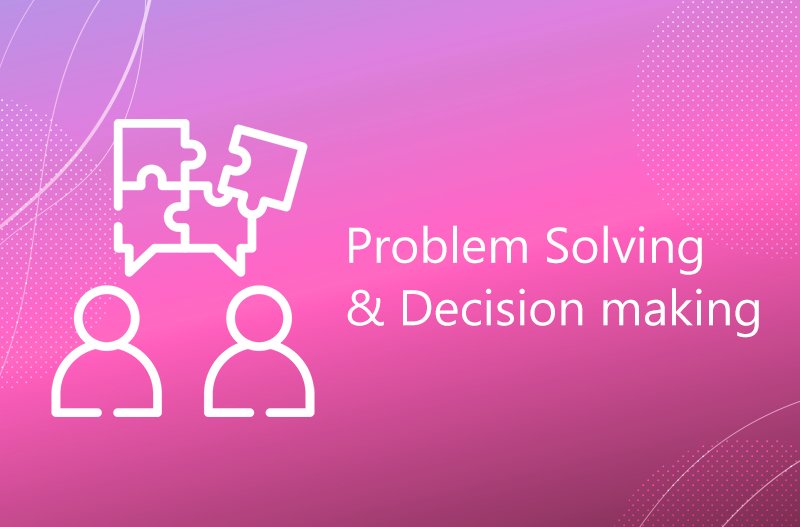Course Overview
Resiliency Testing is a type of performance testing that focuses on an organization’s ability to withstand and recover from failures, unexpected events, and other disruptive conditions. This course focuses on all key elements of Resilience i.e. Incident Management, Emergency Management, Employee Health & Safety, Crisis Management, IT Disaster Recovery, Risk Management, Business Continuity Management, Crisis Communication, Physical Security Management, Information Security Management, and Cybersecurity Management. This course is highly interactive – exercises (as many as 50 exercises in 5 days! Fully Hands-on Learning Experience). Delivery mechanisms include presentation-based discussions, and individual/ group exercises. Live cases are used to explain the concepts. The participants leave with a self-developed Test Plan with full scripts. The course is supported by additional reading material and sample documents. The trainer for this course holds over 37 years of experience in the industry and over 18 years of experience in Resilience domains. He carries over 10000 hours of teaching/ training experience. The trainer is a Certified International and Corporate Trainer. He has won multiple national and global awards and has authored four books in the Resilience domain.
COURSE OBJECTIVES:
- To understand The Resiliency concepts with a quick overview of:
- Incident Management
- Emergency Management
- Employee Health & Safety
- Crisis Management
- IT Disaster Recovery
- Risk Management
- Business Continuity Management
- Crisis Communication
- Physical Security Management
- Information Security Management
- Cybersecurity Management
- Need for Resiliency test
- Various parameters are involved in designing, developing, and delivering an effective Resiliency Test
- Scope
- Objective
- Resources ▪ Budget
- Test cases
- Interested parties
- Roles
- Effectiveness criteria
- Test plan and Test report
- To help the organization move to the next level of continual improvement of its Resilience Program
- To ensure compliance (internal/ client dictated/ regulatory/ market sector)
- To enhance the effectiveness of the Resiliency Program
Target Audiance
- Incident Management
- Emergency Management
- Employee Health & Safety
- Crisis Management
Schedule Dates
Resiliency Testing Course
Resiliency Testing Course
Resiliency Testing Course
Resiliency Testing Course
Course Content
- Understanding the Importance and Objectives.
- Key Concepts and Principles.
- Techniques for Assessing Weaknesses in Systems.
- Strategies for Building Robust Systems.
- Simulating Extreme Conditions and Failure Scenarios.
- Developing Protocols to Mitigate Disruptions.
FAQs
Resiliency testing is a type of testing that evaluates how well a system can recover from failures and disruptions. It aims to ensure that critical infrastructure, applications, and services remain operational even under adverse conditions.
Resiliency testing is crucial for identifying weaknesses in systems and processes before they lead to costly downtime or failures. It helps organizations build robust systems that can withstand unexpected events such as natural disasters, cyberattacks, or hardware failures.
This course is ideal for IT professionals, software developers, system architects, and anyone involved in ensuring the reliability and continuity of systems and services. It is suitable for beginners as well as experienced professionals looking to enhance their skills in resiliency testing.
Participants will learn various techniques and best practices for designing, implementing, and executing resiliency tests. Topics covered include fault injection, chaos engineering, disaster recovery planning, monitoring, and continuous improvement.
While prior experience in software development or IT operations is beneficial, it is not mandatory. The course is designed to accommodate participants with varying levels of expertise, from beginners to seasoned professionals.

 4.9
4.9






